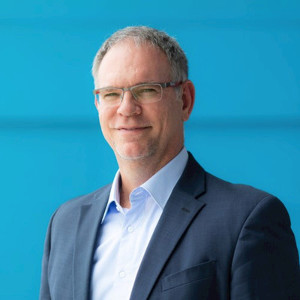João Campari is the leader of the Food practice for WWF International. He is responsible for implementing the practice strategy, driving innovation which unearths new ideas that can be prototyped and scaled. The food practice focuses on three key action areas, namely sustainable production, reducing food loss and waste, and sustainable diets.
João has more than 20 years of experience in international development, particularly working to balance agricultural production and food systems with conservation. João has held technical and executive positions in multilateral and bilateral agencies (World Bank, UNDP and DFID), in the federal government of Brazil (Ministry of Environment) and has advised national and sub-national governments (in Brazil, Argentina, Bolivia and Paraguay) on the design and implementation of regional development policies, combining socio-economic development with conservation. For 13 years, João worked with The Nature Conservancy in several roles from program director to lead economist of the Global Lands program.
Prior to joining WWF, João worked in the private sector and with the Government of Brazil, where he held the position of special environmental and sustainability advisor to Brazil’s minister of agriculture.
João holds a bachelor’s degree in international relations and economics, master’s and Ph.D. degrees in economics (environment and natural resources) and a degree in General Management from the Harvard Business School. He has published two books on the economics of deforestation in the Amazon and is one of the co-authors of the most comprehensive assessment of the carbon mitigation potential of low-cost improvements in land management. In 2014, João was nominated among the top 100 Brazilian leaders in the agricultural sector for the disruptive work conducted on agriculture and conservation (Isto É Dinheiro Rural magazine).














